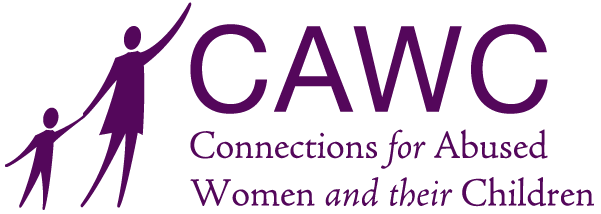As with most forms of trauma, the impacts of domestic violence frequently far outlast the abuse itself. What’s more, domestic violence survivors aren’t the only ones affected. The repercussions of abuse are often far-reaching, and can also impact children, family, friends, and even the larger community.
The Effects of Domestic Violence on Survivors
Everyone reacts to and processes trauma differently, and as such, the impact of domestic violence and the recovery process will look different for each individual who experienced it. However, it’s not uncommon for domestic violence to affect survivors’ physical, mental, and emotional well-being, as well as their lifestyle and circumstances, in the following ways:
- ● Short-term injuries, including bruises, cuts, broken bones, and more.
- ● Long-term health problems, including arthritis, sexual dysfunction, asthma, digestive problems, and more.
- ● Mental health issues, such as depression, anxiety, substance abuse, and post-traumatic stress disorder (PTSD).
- ● Economic and lifestyle costs, such as lost educational and professional opportunities, damaged or destroyed property, and financial burdens as a result of medical or criminal justice bills.
The Effects of Domestic Violence on Others
Domestic violence survivors aren’t the only ones who suffer. Abuse can affect a survivor’s loved ones, extended network, and even strangers. For example:
- ● Children who witness or are exposed to domestic violence often experience lasting physical and psychological effects, and may even perform worse in school.
- ● Community members like law enforcement officers and even bystanders may be at a higher risk of danger or harm as a result of domestic violence.
- ● In total, around 8 million work days are lost each year as a result of domestic violence, an economic cost that is often passed on to other people.
At Connections for Abused Women and Their Children (CAWC), we believe that everyone has a right to a life free of violence. Our mission to end domestic violence is rooted in education, service, and advocacy. In addition to working toward broader social change, we provide empowerment-based and trauma-informed support in the form of shelter, counseling, and advocacy to individuals affected by domestic violence and their children. If you or someone you know is struggling with domestic violence, don’t hesitate to call our 24-hour hotline at (773) 278-4566. To support our work, consider volunteering or donating.
